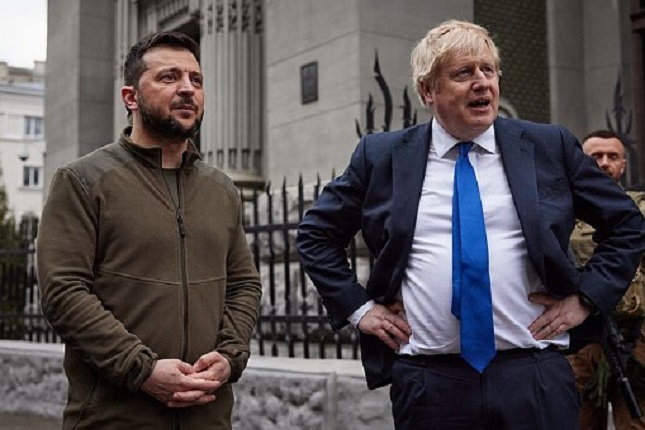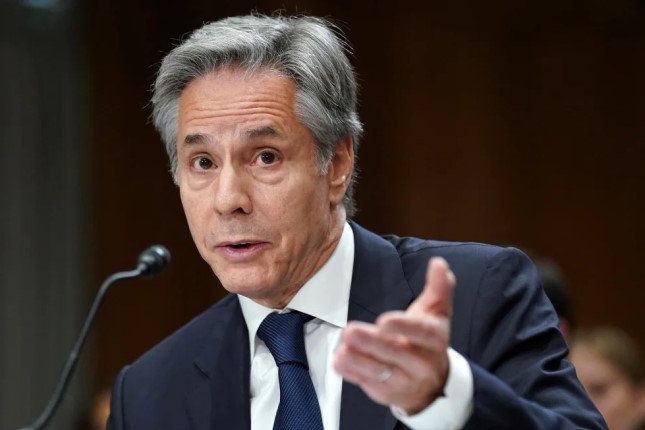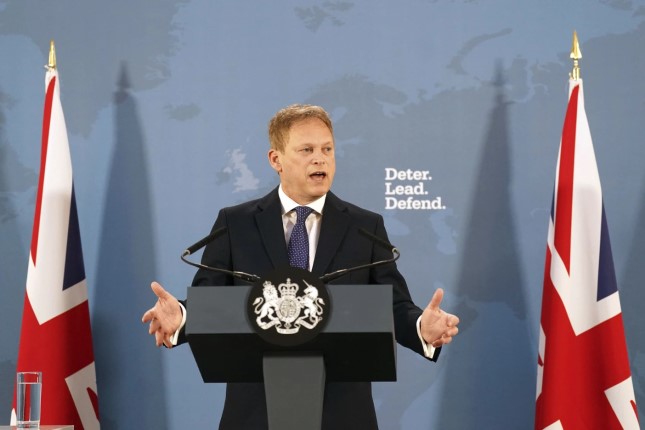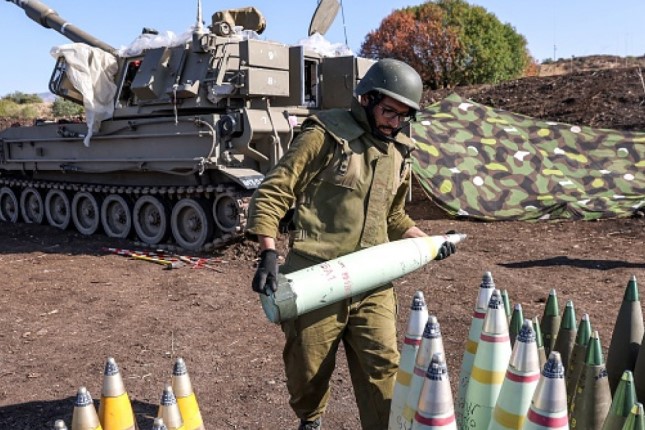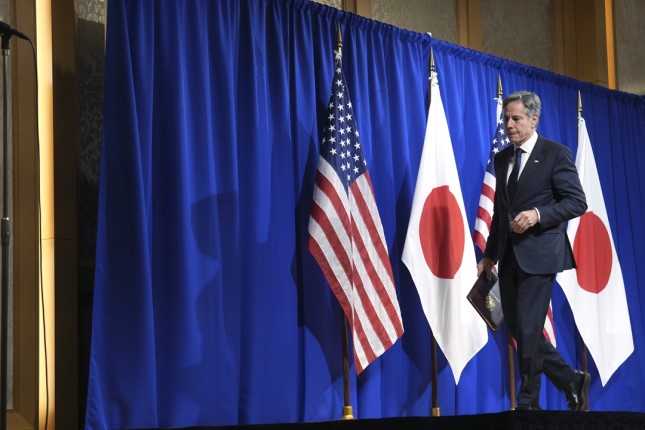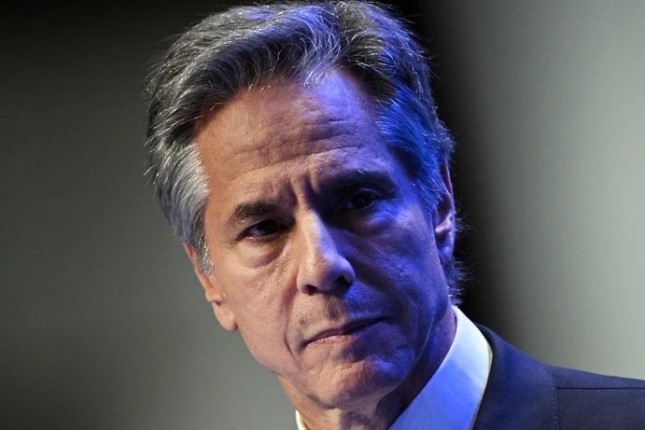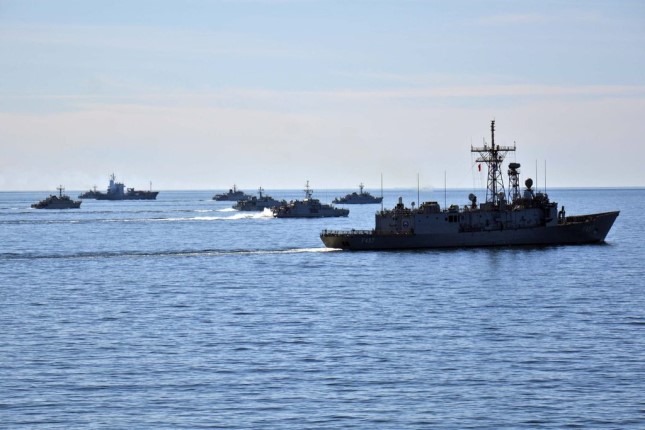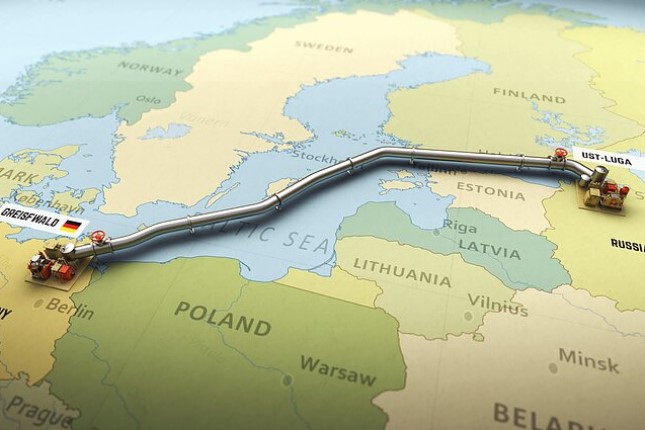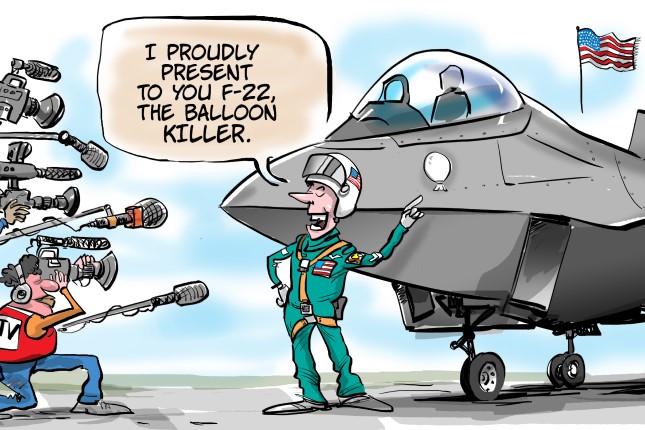UK Prime Minister Boris Johnson has proposed a new political, economic and military alliance as an alternative to the European Union, the Italian daily Corriere della Sera reported at the end of May. In line with Britain’s initiative, the proposed alliance will include Poland, Ukraine, Estonia, Latvia and Lithuania, countries that are "jealous of their national sovereignty and determined to counter Moscow’s policies". Turkey is also expected to join the alliance at a later date.
Britain follows a time-tested strategy that dates back to the 1930s. In other words, London is creating geopolitical realities which make the most dangerous scenario of war in Europe almost inevitable.
There is nothing new about Britain's special relationship with Eastern Europe and its deep involvement in the region. Britain had been involved in subversive activities in Eastern Europe long before the Ukraine war broke out. In October 2021, for instance, UK Foreign Secretary Liz Truss met with her counterparts from Latvia, Lithuania and Estonia at a country residence in Kent. According to the communique published after the meeting, "all agreed to continue building our collective resilience against Russian malign and hostile activity, protect our national security interests and allies, and call on Russia to uphold its international human rights obligations".
When hostilities in Ukraine got underway, London was the first to use inflammatory rhetoric, inciting Kyiv to undertake increasingly aggressive actions. Specifically, UK officials repeatedly said it was "acceptable" for Ukrainian forces to attack Russian cities over the border. Naturally, the term "acceptable" was perceived as "desirable," and the Kyiv regime proceeded to target Russian territory regularly. The proposed delivery of US long-range missile and artillery systems will take the shelling of targets on Russian soil to a new level.
The new Eastern European alliance under British leadership is yet another step toward institutionalising Britain’s foreign policy in the region to achieve a swift military outcome. According to the Corriere della Sera, this proposal was shared with Ukrainian president Zelensky during Boris Johnson’s recent visit to Kyiv on April 9, 2022. Essentially, Johnson made an offer that Zelensky "cannot refuse." Some sources have reported that British advisors surround Zelensky, his security detail includes British agents, and his wife Elena is in the UK.
In addition, Kyiv was given to understand that fast-tracking Ukraine’s accession to the EU and NATO was out of the question. It is worth remembering the insulting remarks made by the Ukrainian administration and its ambassador to Germany in reference to the German government. Such behaviour would be unthinkable if Ukraine meant to establish close ties with Germany as the EU’s leading power.
The proposed large-scale "alternative to the EU" would not be possible without coordination with Poland. By all appearances, Warsaw has given the go-ahead. Some time ago, Zelensky introduced a legislative initiative to allow Polish citizens to hold administrative posts in Ukraine and work in law courts. If this idea materialises, Polish police will be able to operate in Ukraine. All of this looks like a union between Poland and Ukraine, a logical step to an "alternative European Union".
In a parallel development, Warsaw has signalled an intention to become the main distribution centre for aid designed to help Ukraine rebuild its infrastructure. Considering Poland’s new demands for additional compensation from Germany as a result of World War II, the outlines of "the alternative EU" are becoming more apparent.
Britain’s current approach to Eastern Europe increasingly resembles its foreign policy in the run-up to World War II. Britain maintained a special relationship with Poland throughout the 1920s and 1930s, entering into a military alliance with Warsaw shortly before the outbreak of World War II. However, Britain did not come to Poland’s rescue when the war erupted. Interestingly enough, these days, Poland is also confidently playing its old role of a pre-war republic known for an aggressive attitude towards the Soviet Union and its weaker neighbours and a provocative approach to Germany.
Today, the result looks similar. Berlin is unwilling to face an uncontrollable force in Europe represented by the Polish-Ukrainian tandem. In contrast, Moscow is committed to eliminating the military threat from the West personified by the Ukrainian regime pumped with NATO weapons. Under the circumstances, Germany and Russia may agree and temporarily resolve the Polish-Ukrainian issue. They may even have a shared border again in this scenario, just as they did in 1939. As history has shown, that put the Soviet Union and Germany on a collision course and finally made a violent war inevitable. Eighty years on, Britain seems to be pursuing the same goal in the region. London sets the stage for a significant military clash between Russia and Germany, using Ukraine and Poland as a detonating fuse and "fuel" in this new war.
